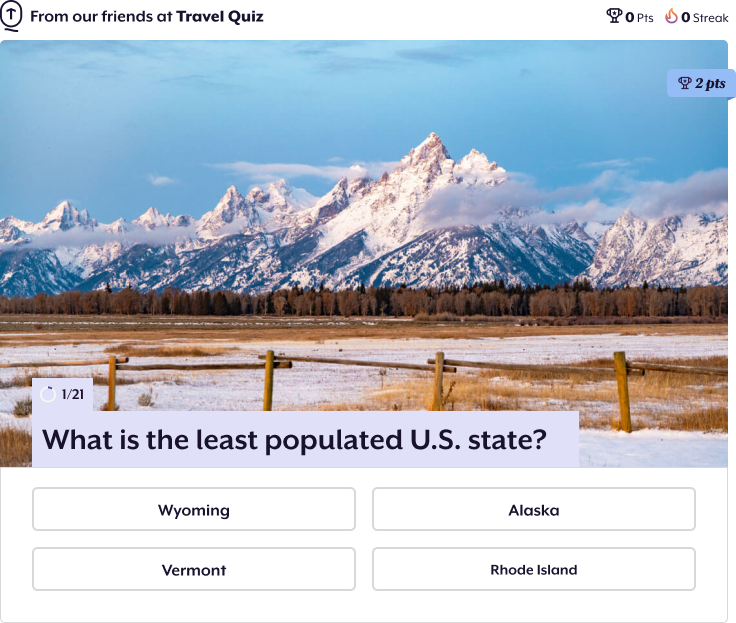Whenever we travel, we may not realize we’re paying hidden taxes that are lumped into the overall cost of lodging or tacked on to a rental car bill. Many states and cities levy these tourist taxes to capture additional revenue and lessen the tax burden on full-time residents, while others implement them to combat overtourism and in turn promote conservation. In any case, you may be wondering which states charge the highest tourist taxes. Discover some of the country’s of the highest state and local tourist taxes below.
Texas
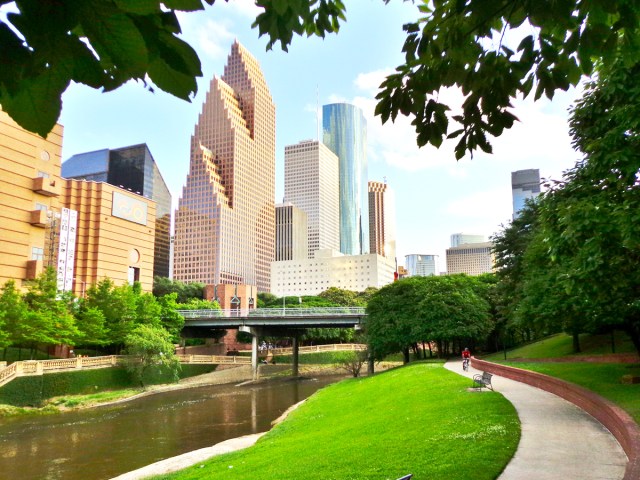
According to TurboTax, around 30 U.S. states charge a statewide “transient occupancy tax,” which is a tax levied on a percentage of the cost of any temporary lodging. This includes hotels and motels, as well as Airbnbs and other similar accommodations. Texas imposes this tax statewide at a rate of 6% — so if you pay $100 for a hotel room, you’ll pay an extra $6 for this tax on top of the rest of the bill. This is independent of sales tax, resort fees, and other added costs, including occupancy taxes levied by individual cities and counties.
For example, the city of Houston charges an additional 7% lodging tax, while Harris County and the Houston Sports Authority each impose an additional 2% tax — for a total tax of 17%, one of the highest local tax rates in the country. Keep in mind that in Texas, the statewide occupancy tax applies only to stays of 30 days or less; longer-term rentals aren’t subject to a transient tax.
Connecticut
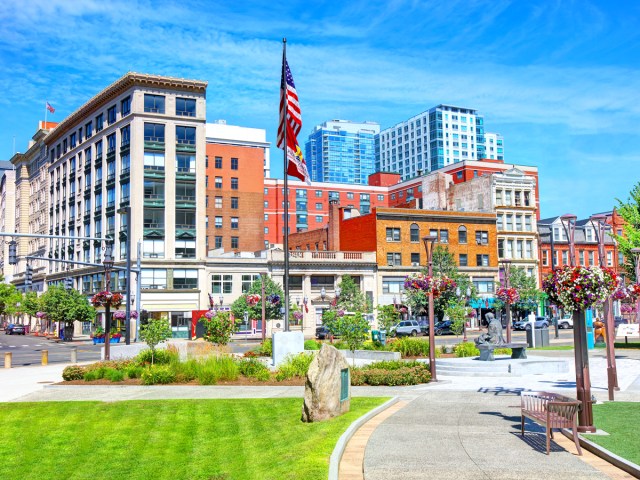
The Constitution State charges a steep 15% statewide room occupancy tax for any hotels, motels, or short-term house rentals — the highest statewide tourist occupancy tax in the nation. (Connecticut-based bed-and-breakfasts have a slightly lower 11% tax rate.)
In Connecticut, these occupancy taxes apply only to short-term stays of 30 days or less; however, if you’re planning to spend as many as 90 days visiting Connecticut, the first 30 days of your trip are still subject to an occupancy tax. To make up for this high statewide tax rate, Connecticut prohibits individual cities and towns from levying any extra local lodging taxes.
Minnesota
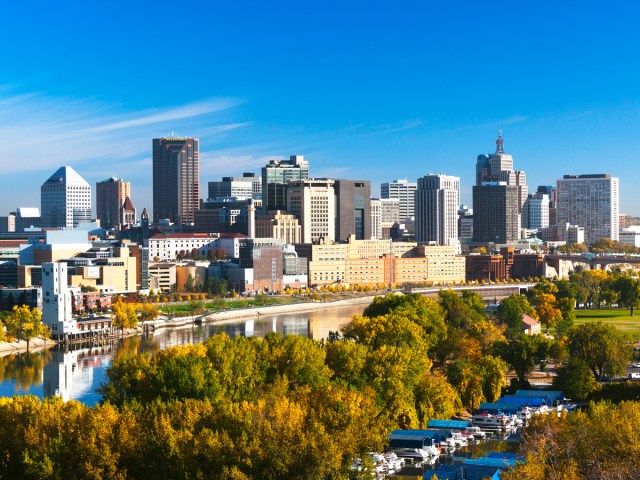
While Minnesota does not have a statewide lodging tax, in the 1970s, many Minnesota cities — such as Duluth and the capital, St. Paul — began imposing a 3% transient lodging tax. In places like Minneapolis, you’ll also be subject to an additional 3% tax on any lodging facilities with over 50 rooms.
But tourist taxes truly add up in Minnesota when it comes to rental cars. According to the Pocono Record, rental car taxes in the state can be as high as 18% — a 9.2% statewide surcharge, a 6.875% statewide tax, and local taxes that could add an additional 2%.
Florida
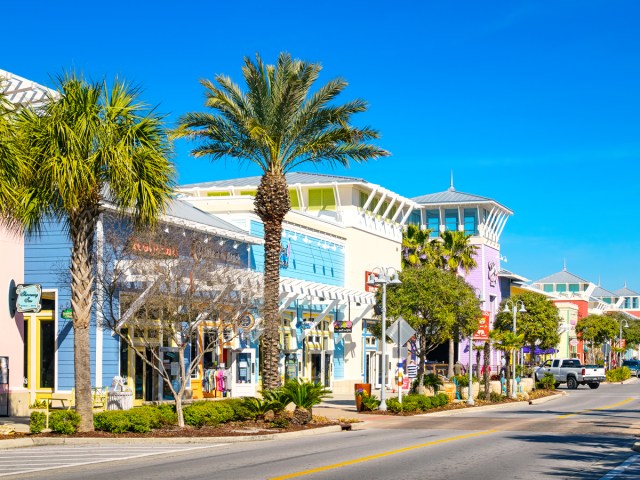
In 2023, the Sunshine State netted $387 million in taxes from short-term Airbnb rentals alone, earning it the top spot for Airbnb tax revenue in the U.S. for the third consecutive year, ahead of California ($212 million) and Tennessee ($135 million). Florida’s statewide “Tourist Development Tax” is charged at 6% for rentals that last six months or less, which gets tacked on to the state’s general sales tax of 6%.
Part of the reason that Florida generates so much tax revenue is because of its attractive weather. Tourists come to Florida throughout the year, so there’s a significant amount of revenue being generated each day — even if at a slightly lower tax rate than some states.
California
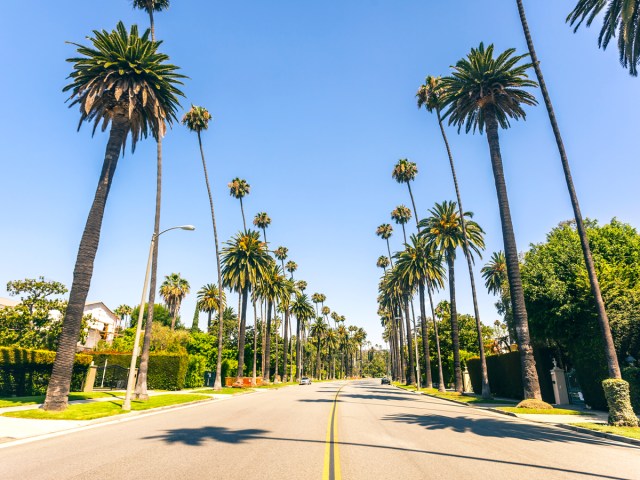
While California doesn’t actually levy a statewide lodging tax for tourists — or a rental car surcharge like you’ll find in other states — you should still keep an eye on your hotel bill when visiting the Golden State’s most popular cities.
Many major tourist destinations, such as Los Angeles and San Francisco, levy significant tourist taxes. All of Los Angeles County (where the namesake city is located) has a 12% “bed tax” on hotels, motels, and rental properties like Airbnb. San Francisco’s transient occupancy tax is even higher, at 14%, while San Diego charges between 11.75% and 13.75%.
Illinois
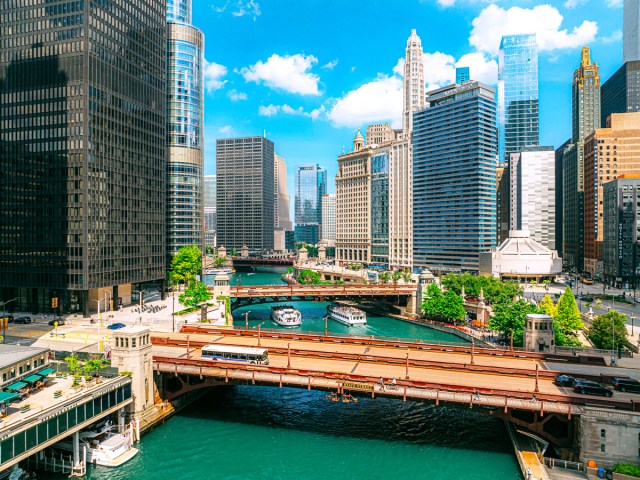
The Land of Lincoln levies a 6% Hotel Operators’ Occupation Tax (HOOT) on guests statewide, which is similar to taxes in many other states such as Florida, Michigan, and Pennsylvania. But there’s one Illinois city where tourists end up paying a pretty penny: Chicago. When booking a hotel room in the Windy City, you’ll pay a total effective hotel room tax of 17.39%, a combination of various city, county, and state taxes.
Hawaii
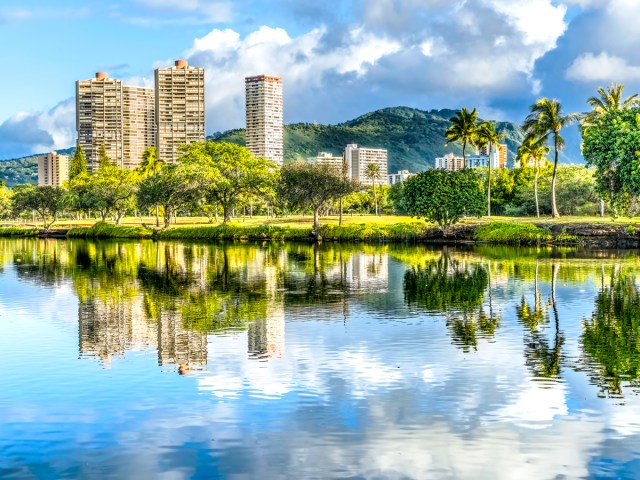
In the 1960s, Hawaiians began to push for a tourist tax in recognition of the new visitors coming to what had only recently become the 50th state. In 1986, decades of debate resulted in the Transient Accommodation Tax (TAT), a 5% tax on hotels and vacation rentals statewide.
In addition to statewide taxes, Aloha State tourists will pay higher taxes in cities such as Honolulu, which has a 10.25% tax rate on lodging. According to one recent report, visitors to Honolulu pay more in tourist taxes than tourists in any other city in the world, an average of $51.70 per night.
In late 2024, Hawaii’s governor Josh Green announced plans to further raise tourist fees as part of a “climate-resilient” initiative, aimed at raising necessary money for local conservation efforts. If passed, certain counties would increase their 10.25% tourist tax by as much as 3%. Furthermore, hotels could potentially charge visitors an added $25 flat fee at time of check-in.
More from our network
Daily Passport is part of Inbox Studio, an email-first media company. *Indicates a third-party property.







